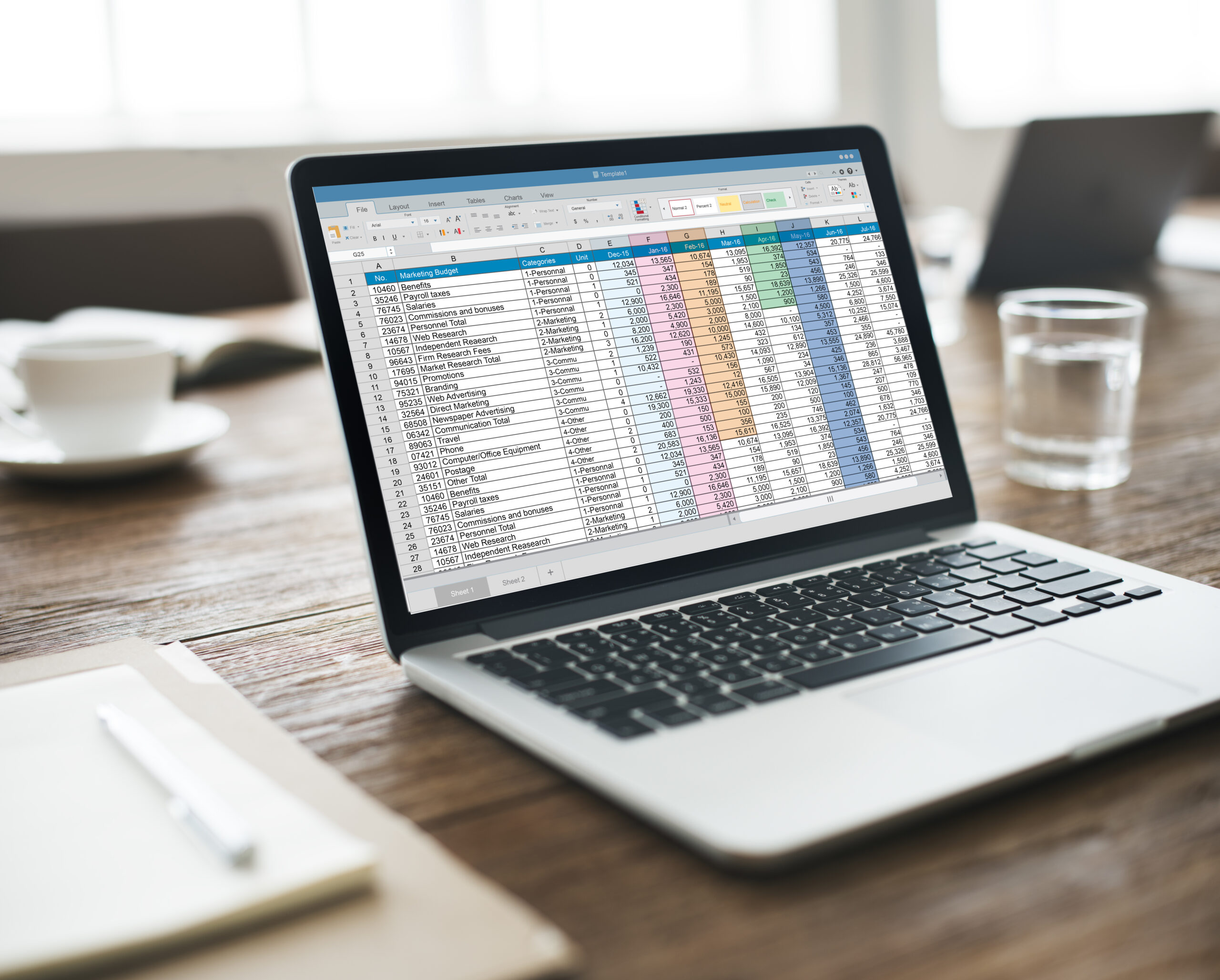Economic

About
Economic statistics are amongst the most well-known outputs of the ONS. This includes statistics around GDP, Prices, and the labour market.
The Data Science Campus supports ONS economic priorities by identifying how new data and technologies can modernise these key outputs. We also deliver insights pieces, providing analysis to support key economic priorities as they arise across government.
Creating Transformational Change
“the longer a decision-maker has to wait for the statistics, the less useful they are likely to be”. Independent Review of UK Economic Statistics (Bean, 2016)
Since our inception in 2017, the Campus has had a continued focus on developing faster indicators of the economy. Faster UK economic indicators enable policymakers such as HM Treasury and the Monetary Policy Committee of the Bank of England to set appropriate policy more quickly in response to economic changes. Two of our most recent examples are:
- Using financial transactions data for insights into both consumer and business spending, including general consumer spend on debit cards by age, as well as more specific measures such as spend on automative fuel.
- Deriving diffusion indices from VAT data, which provide an aggregate measure to track whether firms are reporting an increase or decrease in turnover.
We support the modernisation of economic statistics by working with statistical production teams to migrate data processing pipelines to open-source programming languages – increasing the efficiency of producing statistics and improving quality. Alongside this we are building capability in using tools such as Python and R beyond the data science community, ensuring the wider business has the sustained skills to maintain modern pipelines.
We work closely with wider government to deliver insights and tools to support their policy priorities. Recent examples include:
- Supporting the Department for Business and Trade to measure the extent to which UK businesses make use of preferential trade agreements, by linking data across ONS and HMRC. And using LLMs to construct supply chain networks from unstructured text data.
- Developing methods and tools to enable policy evaluation for the Ministry of Housing Communities and Local Government, producing reusable tools to measure transport network performance to enabling decision making within local authorities.
- Publishing data on the flow of consumer card spending across the UK, and on international consumer card spending, into the UK and out from the UK abroad. This allows users in the Ministry of Housing Communities, the Department of Culture, Media and Sport, and in Local Government to explore the relationship between where cardholders live and spend over time, using indexed data time series on aggregated card spending flows at a postal district level broken down by merchant and cardholder locations.
Publications
-

Estimating geographical retail markets from card spending data
Imagine your local groceries store had a small but notable price change. You probably would not consider switching to a…
-

ScannerAI – Advancing Receipt Data Processing with AI
Introduction The Data Science Campus (DSC) are actively developing a tool, which aims to significantly improve the efficiency of processing…
-

Exploring trends in local government spending through transparency declarations
Transparency declarations have a potential to capture a sizeable amount of public sector spending.